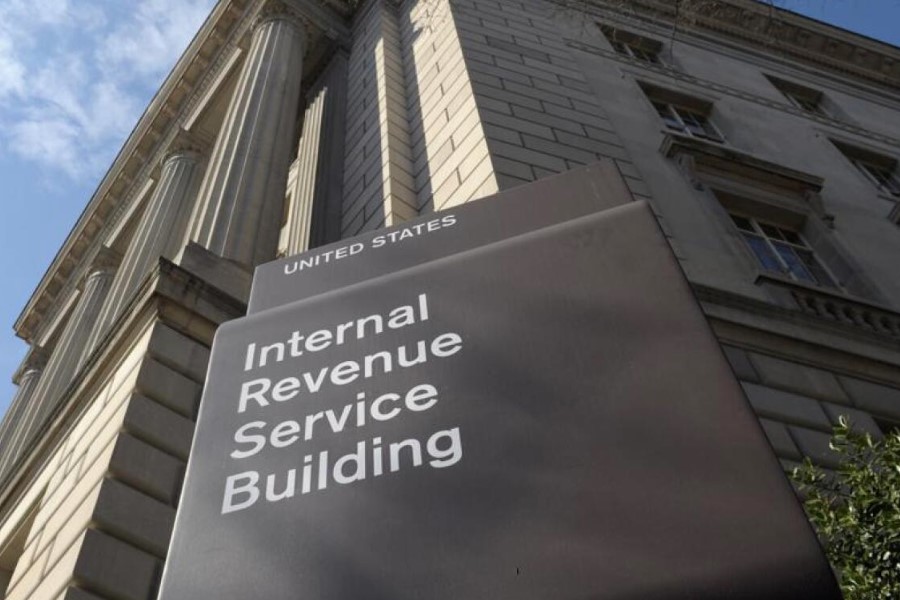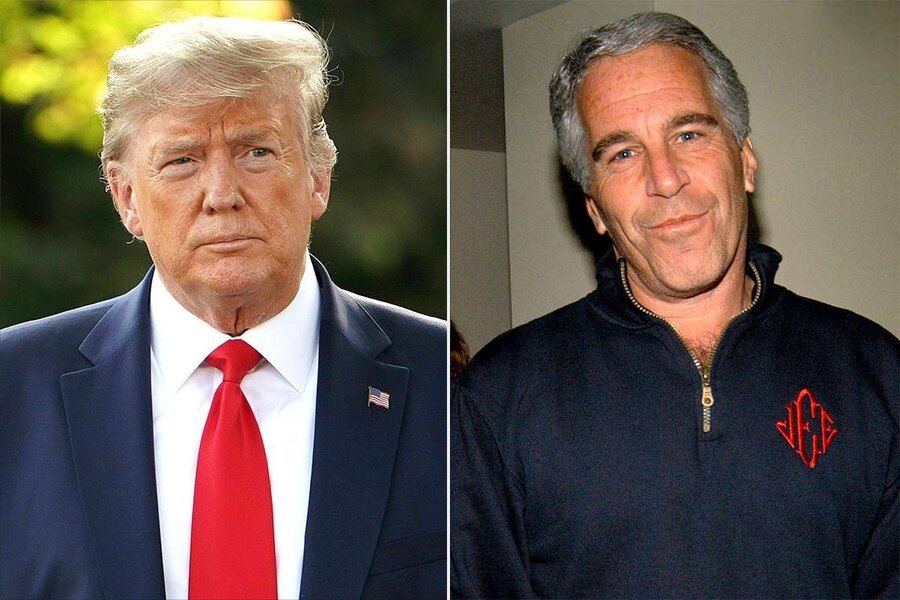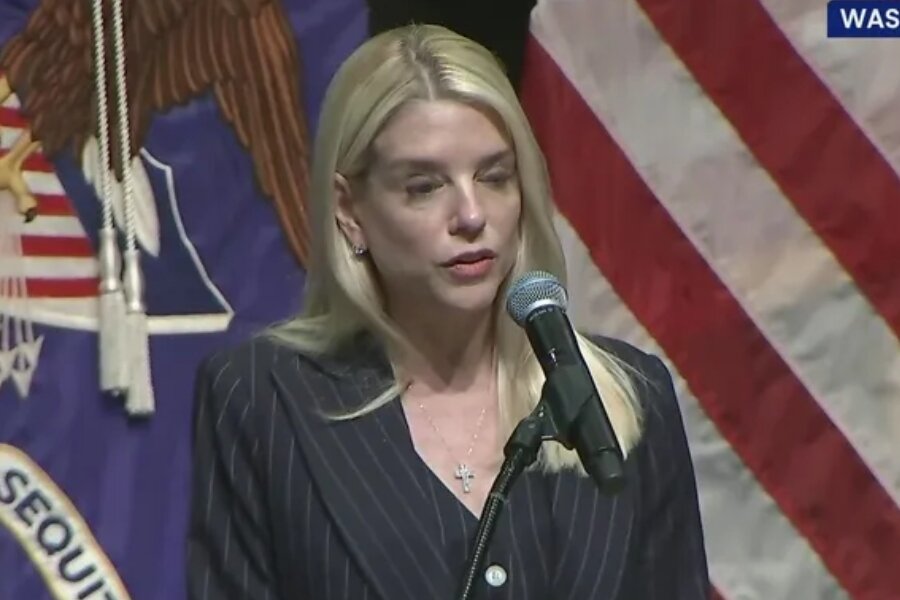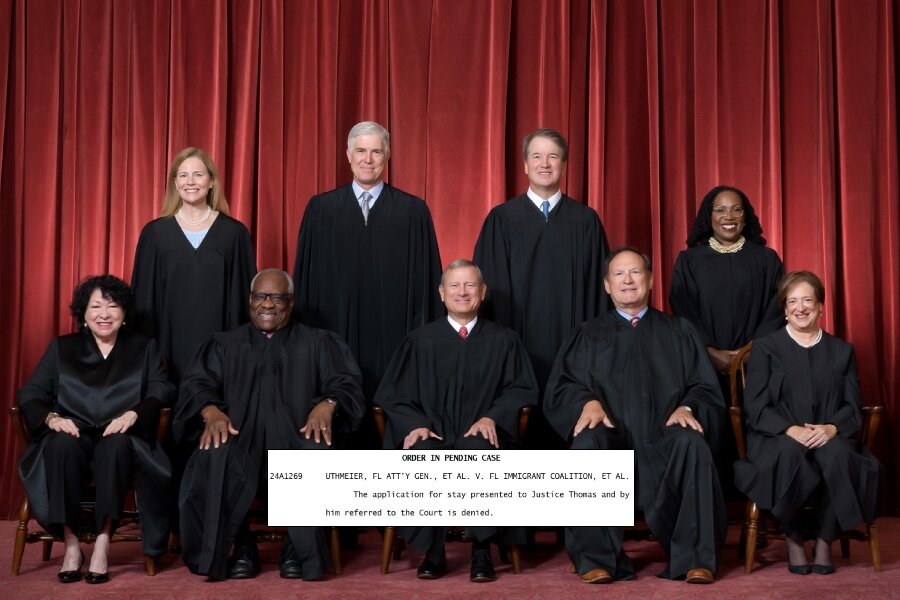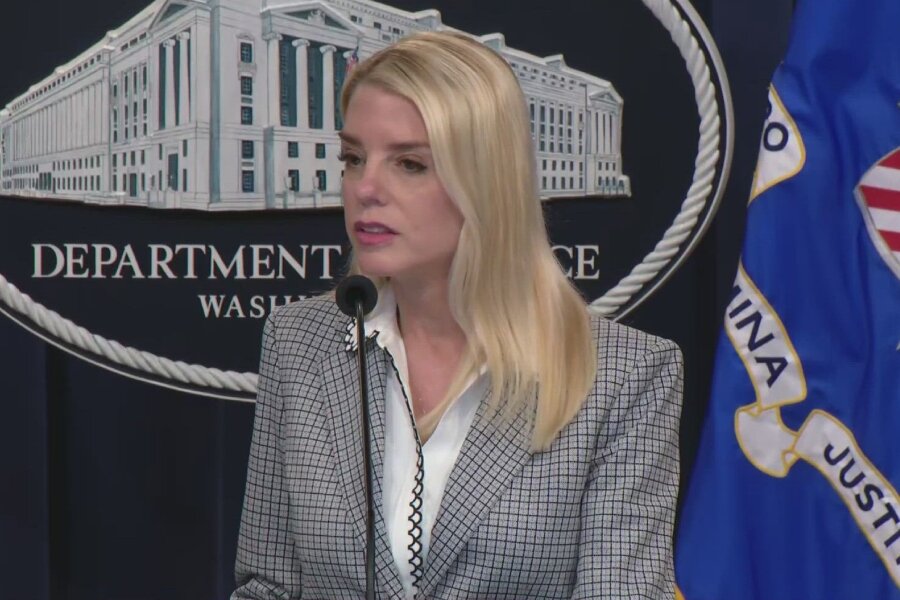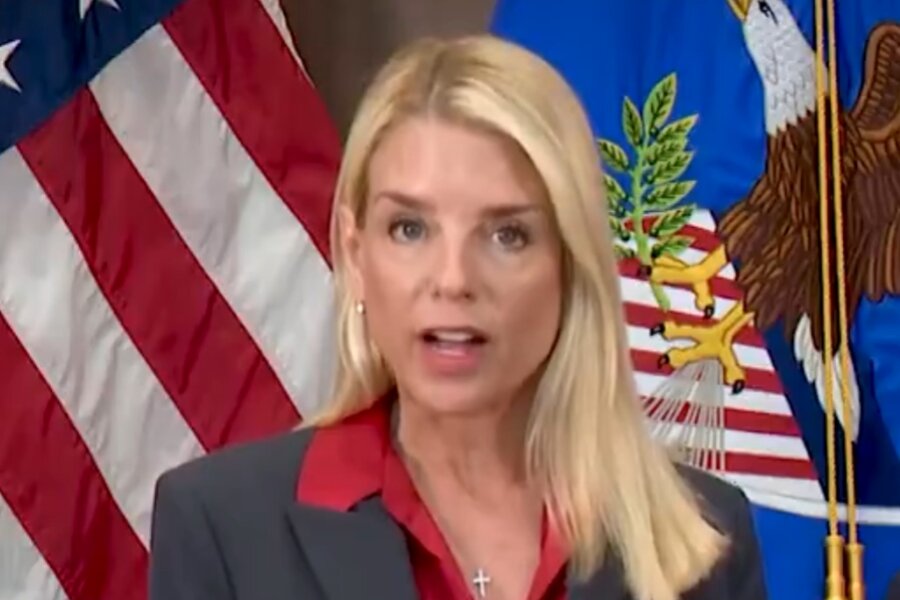A watchdog overseeing the IRS has revealed that the agency plans to recruit 5,582 tax enforcement personnel this year. However, it dismissed as “unfounded” media reports suggesting the IRS is hiring “87,000 armed enforcement agents,” clarifying that only a small portion of the new hires will be armed.
The Treasury Inspector General for Tax Administration (TIGTA), the watchdog responsible for overseeing the IRS, unveiled the agency’s hiring intentions for 2024 in a report released on April 3. The report details how the IRS plans to utilize its $78 billion funding boost.
The IRS received approximately $79.4 billion in extra funding when President Joe Biden signed the Inflation Reduction Act of 2022 into law. However, Congress later reclaimed approximately $1.4 billion of that amount.
Nevertheless, despite the funds being withdrawn, the massive cash infusion marked an approximately 600% surge over the IRS’s budget from the previous year.
At the time, Republicans warned that the funds would be used towards to hire an “army of 87,000” tax enforcers who would come down hard on ordinary Americans and squeeze them for “every last penny.”
As concerns over the “army of 87,000” enforcers gained attention, the IRS made significant efforts to refute these claims.
Several officials from the Biden administration emphasized that audits would not increase for individuals earning less than $400,000 annually.
However, the Treasury Inspector General for Tax Administration (TIGTA) warned that keeping this promise might be challenging because the IRS uses outdated income thresholds and has “no way to identify the complete population of taxpayers that meet the criterion of $400,000.”
In its most recent report, the watchdog provided insights on the 87,000 tax enforcement army, also highlighting that its Office of Audit is currently assessing the IRS’s hiring practices.
“There has been widespread reporting that the IRS will be hiring 87,000-armed enforcement agents,” the watchdog wrote in the report, adding that “this claim is unfounded.”
“The only enforcement personnel employed by the IRS who are armed are Criminal Investigation Division special agents,” TIGTA added, noting also that special agents have the lowest number of staff of all the IRS’s enforcement personnel.
The IRS Criminal Investigation (IRS-CI) division investigates suspected criminal activity associated with tax crimes, empowering its special agents to carry firearms and employ lethal force when necessary.
IRS’s Plans for Hiring Enforcement Personnel
According to the watchdog’s report, the IRS is making progress in its plan to recruit 5,582 tax enforcers, spread across three job categories: revenue officers, revenue agents, and special agents.
The IRS aims to hire 517 revenue officers in 2024. These officers, who work in the IRS’s “collection” department, are responsible for recovering unpaid taxes and securing overdue returns.
By the end of the current fiscal year, which concludes on the last day of September, the total number of revenue officers will reach 3,470.
The majority of the upcoming hires will consist of revenue agents, who work within the IRS’s “examination” division, conducting in-person audits on intricate tax returns. The IRS intends to recruit 4,663 revenue agents during the 2024 fiscal year, boosting their total count to 12,358.
The smallest group of new recruits comprises armed special agents within the IRS’s criminal division. The agency aims to bring on board 402 of these agents in the current year, increasing their total count to 2,500 by the end of the fiscal year.
In summary, according to the watchdog report, the IRS is poised to reach a total of 18,328 staff members dedicated to tax enforcement.
By the end of fiscal year 2023, the IRS had a total staff of 89,767, marking an uptick of approximately 10,700 compared to the previous year.
The tax agency intends to boost this number to 105,188 by the end of fiscal year 2025, as per the watchdog’s statement. It noted that the entirety of the augmented staffing levels is attributed to the additional funding boost.
As of Dec. 31, 2023, the IRS spent around $1.8 billion of the new funding on labor costs.
Republicans have questioned the IRS’s focus on boosting enforcement activities.
In an April hearing of the Senate Finance Committee last year, Senator John Thune (R-S.D.) highlighted that over half of the nearly $80 billion in new funding at that time was earmarked for enforcement activities.
While acknowledging the potential need for some extra enforcement measures within the agency, Mr. Thune remarked that the intense emphasis on increasing hiring in that department appeared to be out of balance.
Share your thoughts by scrolling down to leave a comment.

